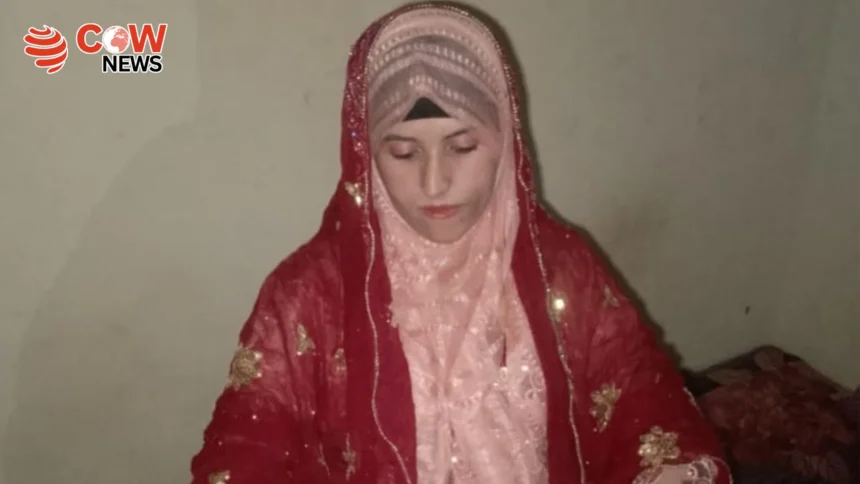RAWALPINDI (The COW News Digital) A horrifying case of so-called honor killing has come to light in Rawalpindi, where a married woman was allegedly murdered on the orders of a local jirga. A post-mortem conducted at the site of the exhumation confirmed that the woman was strangled to death, with visible signs of torture on her face, neck, and head.
The deceased had reportedly married a man named Usman on July 12 in Muzaffarabad, following which she recorded a formal statement before a judicial magistrate, asserting that she had married of her own free will and that her former husband had already given her a verbal divorce.
Despite the legal documentation and court-confirmed consent, the woman was reportedly taken back by armed men after the marriage, under the pretext of completing formal wedding rituals. She was never seen alive again. Usman’s father revealed that the girl was forcibly taken away under the guise of a proper “rukhsati” and was later found to have been murdered.
According to sources, the exhumation of the body was carried out after legal orders were issued. A forensic team collected samples from the body, and the medical examiners confirmed death by strangulation, alongside evidence of physical assault. The post-mortem was carried out on-site.
Crucially, the woman’s ex-husband Zia-ur-Rehman and the jirga head Ismatullah Khan identified the location of the grave during the exhumation process.
In a dramatic legal development, a local court has approved the physical remand of six accused, including the victim’s father, brother, uncle, and the jirga leader. Police investigations are underway, and more arrests are likely as public outrage mounts over the brutality of the act.
Human rights organizations have condemned the killing, calling it a gross violation of women’s autonomy and legal protections. The case has also reignited debate over the legality and influence of parallel justice systems like jirgas in Pakistan, which often bypass state law and result in brutal forms of punishment, particularly against women.
As investigations continue, calls are growing for strong legal action and structural reforms to prevent such extrajudicial killings in the name of tradition or honor.






